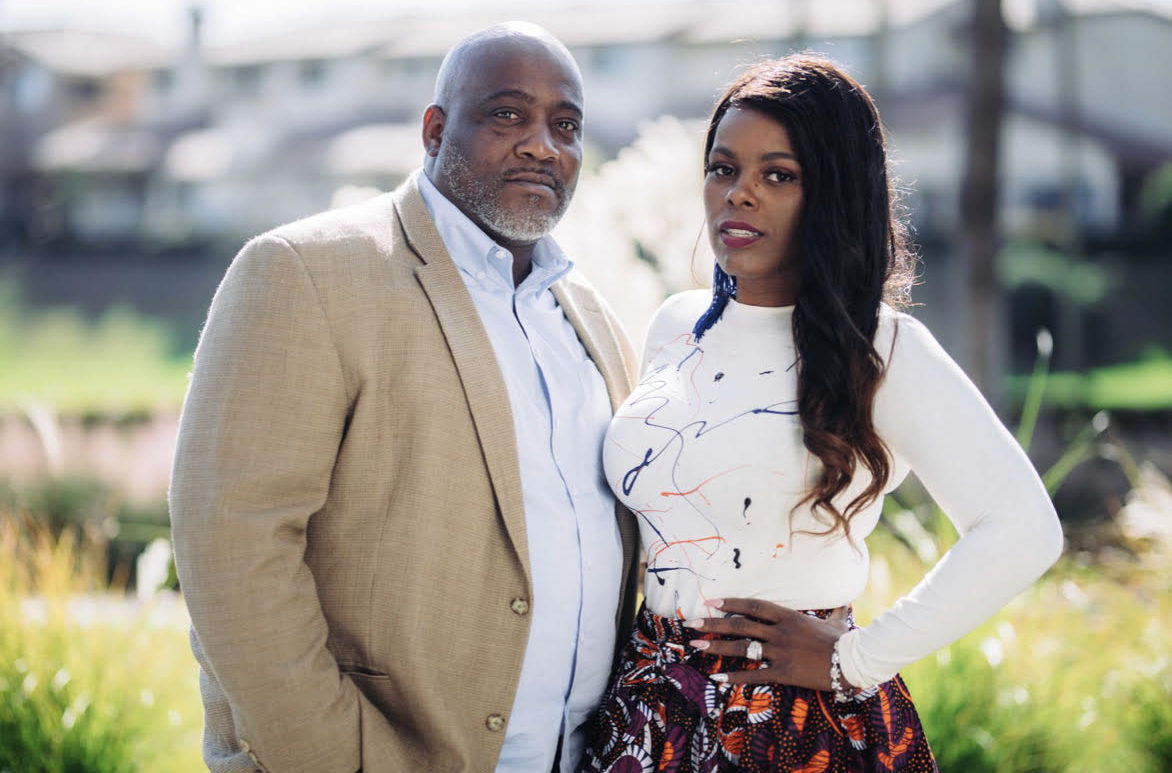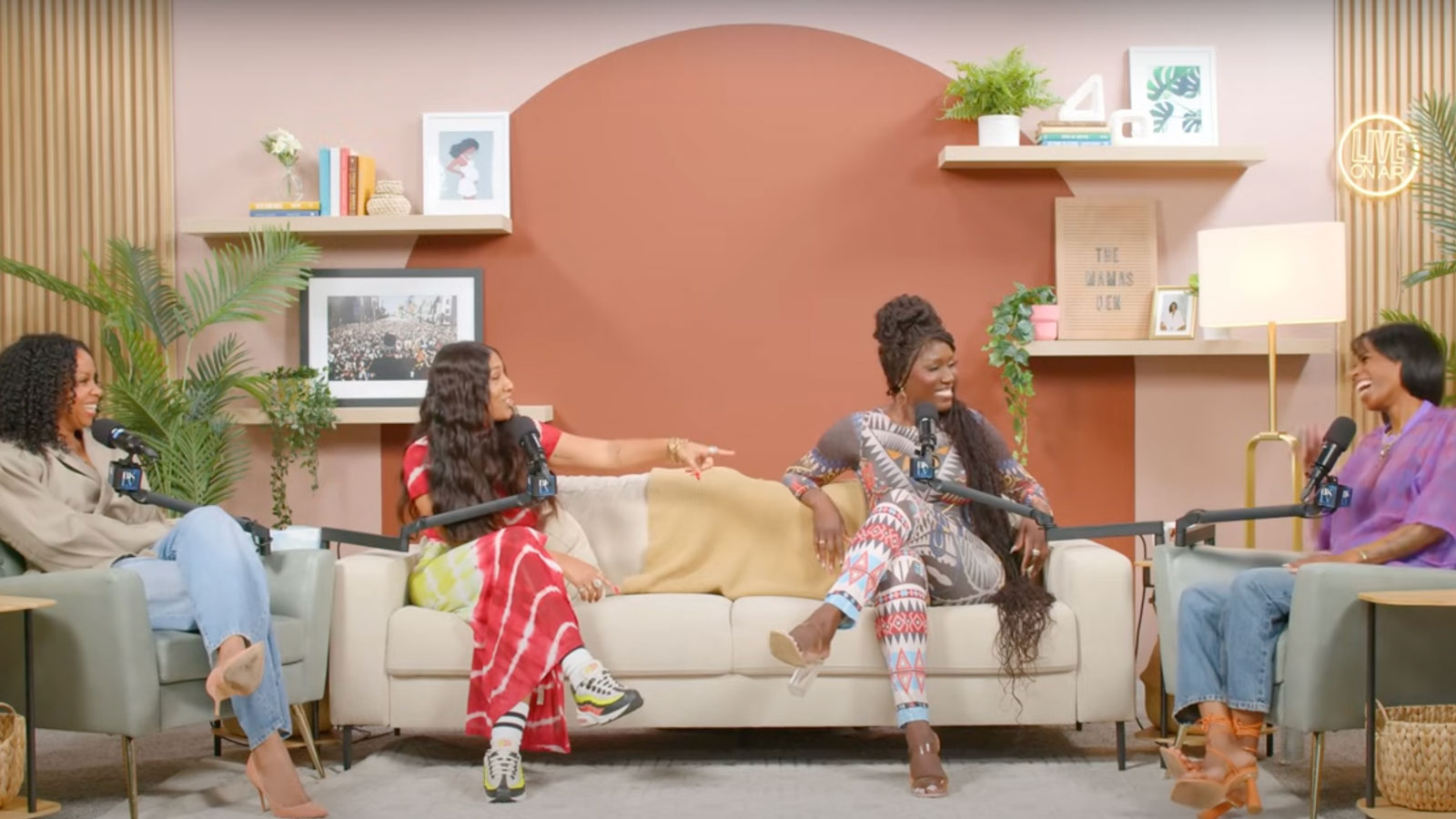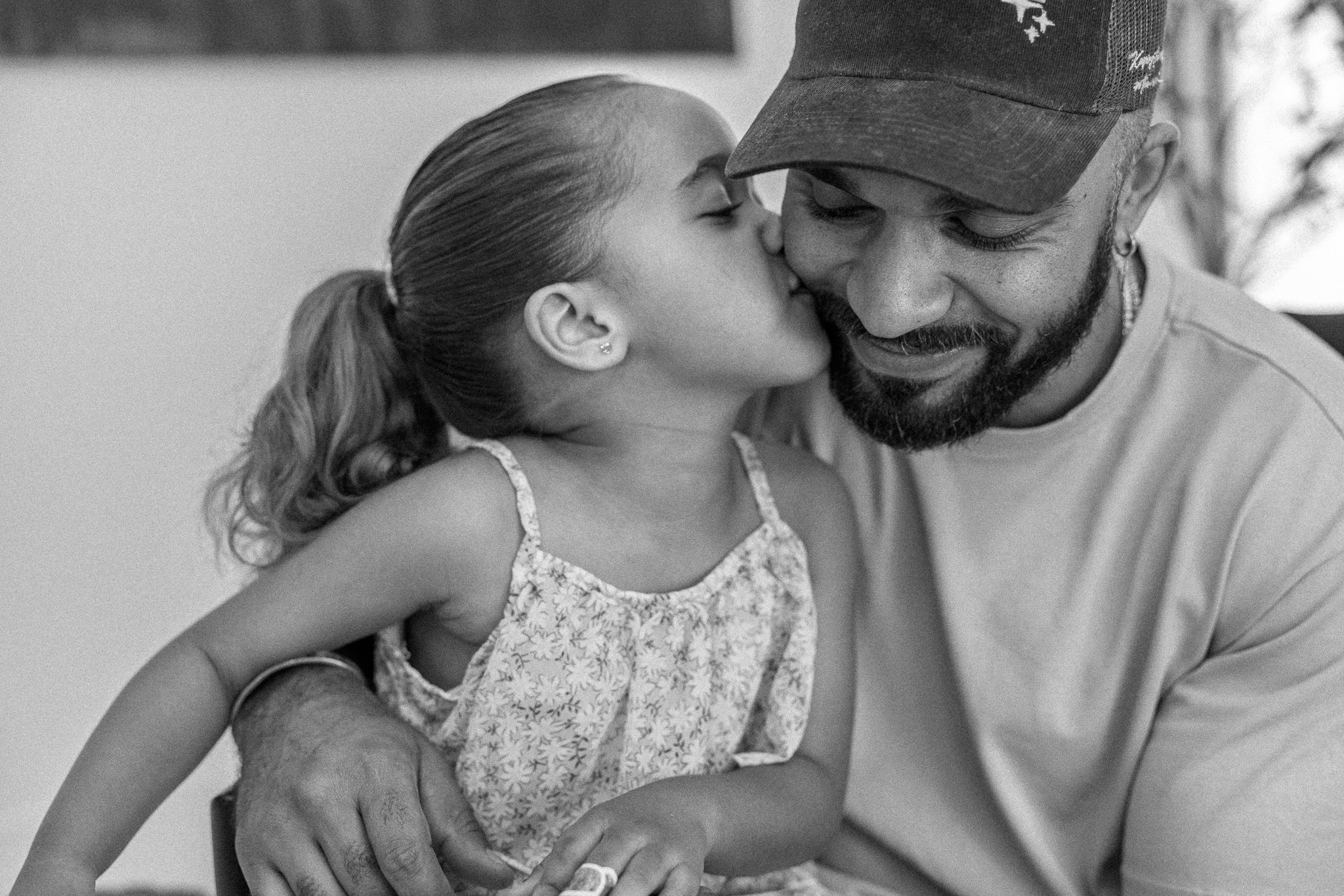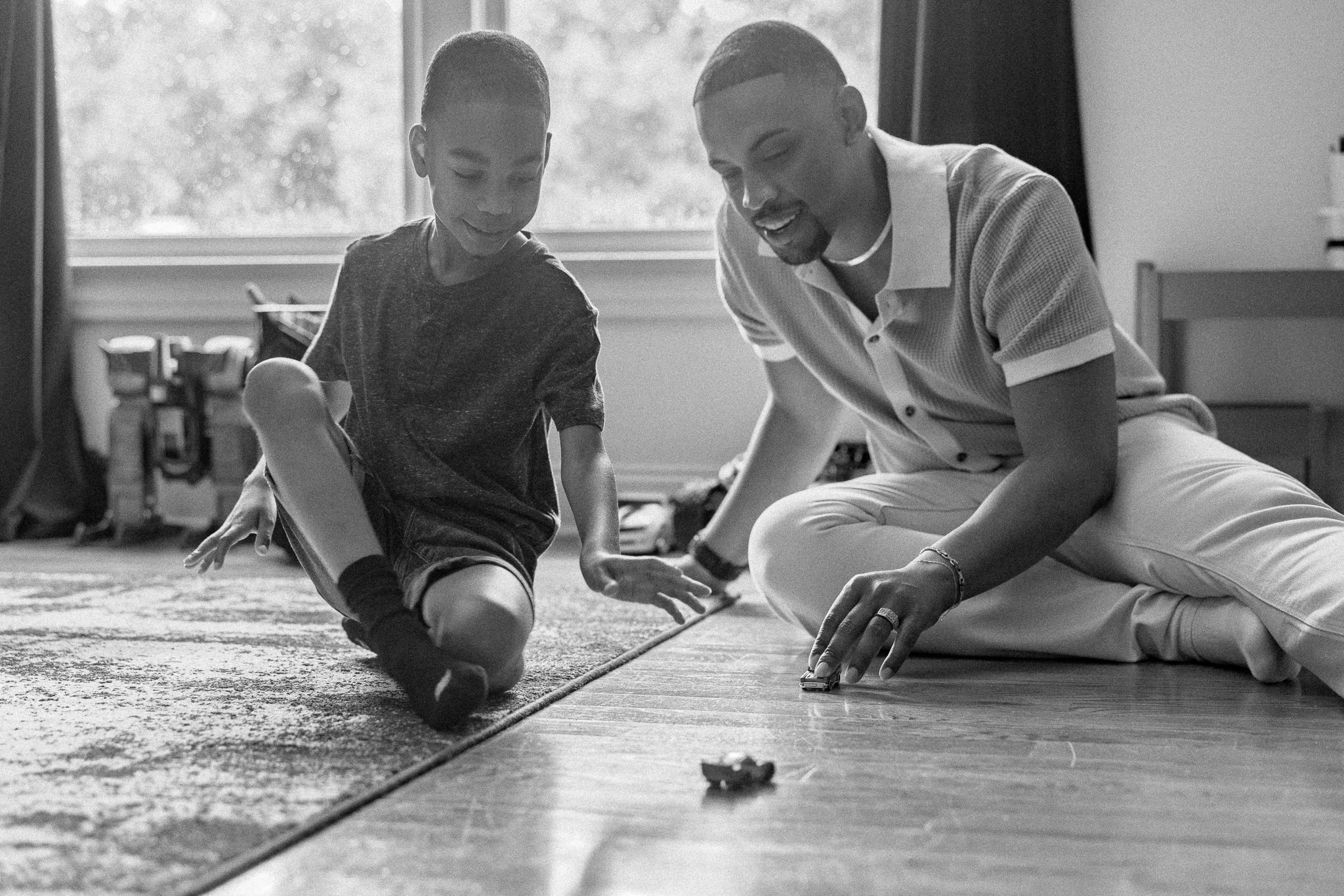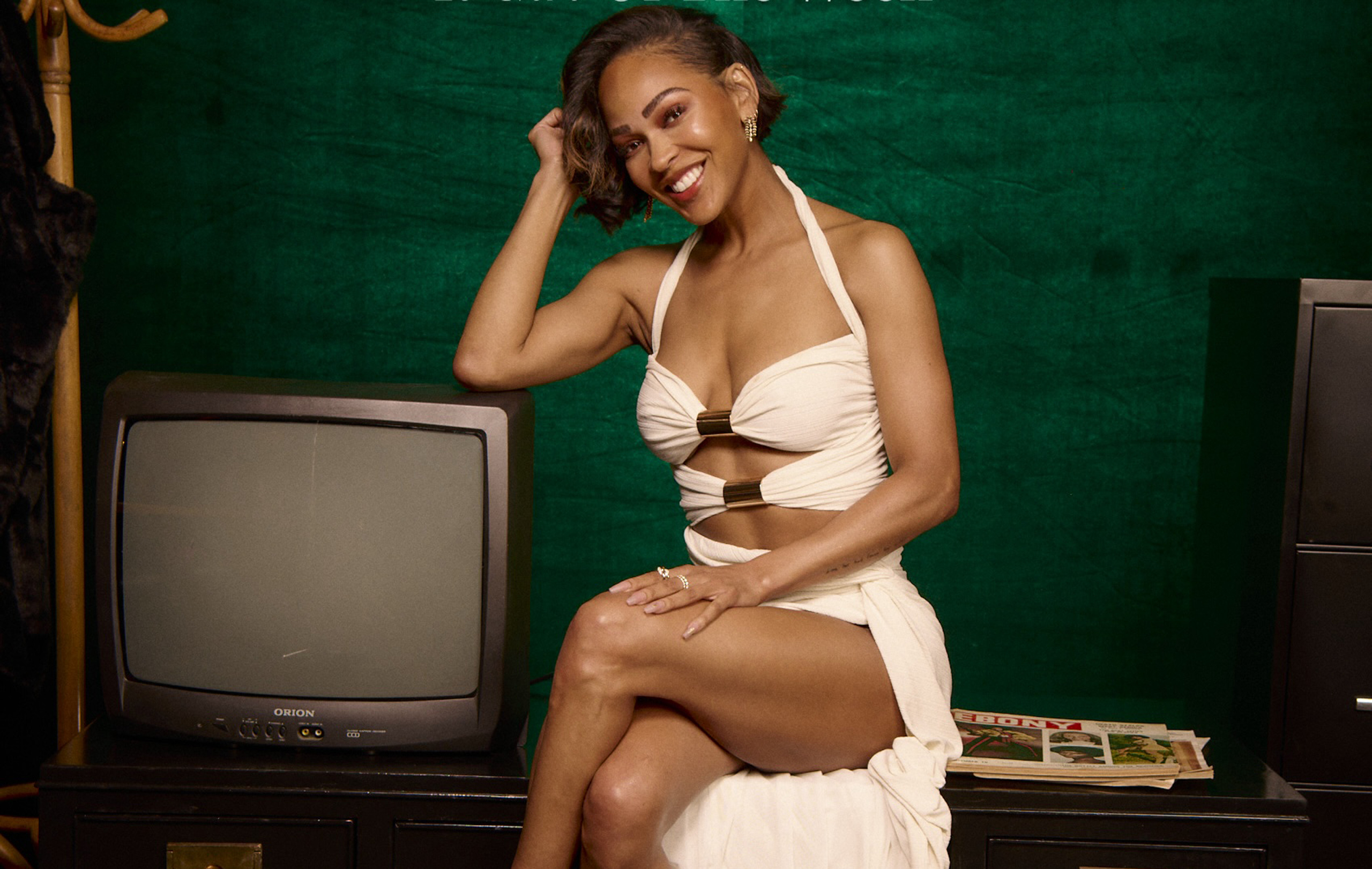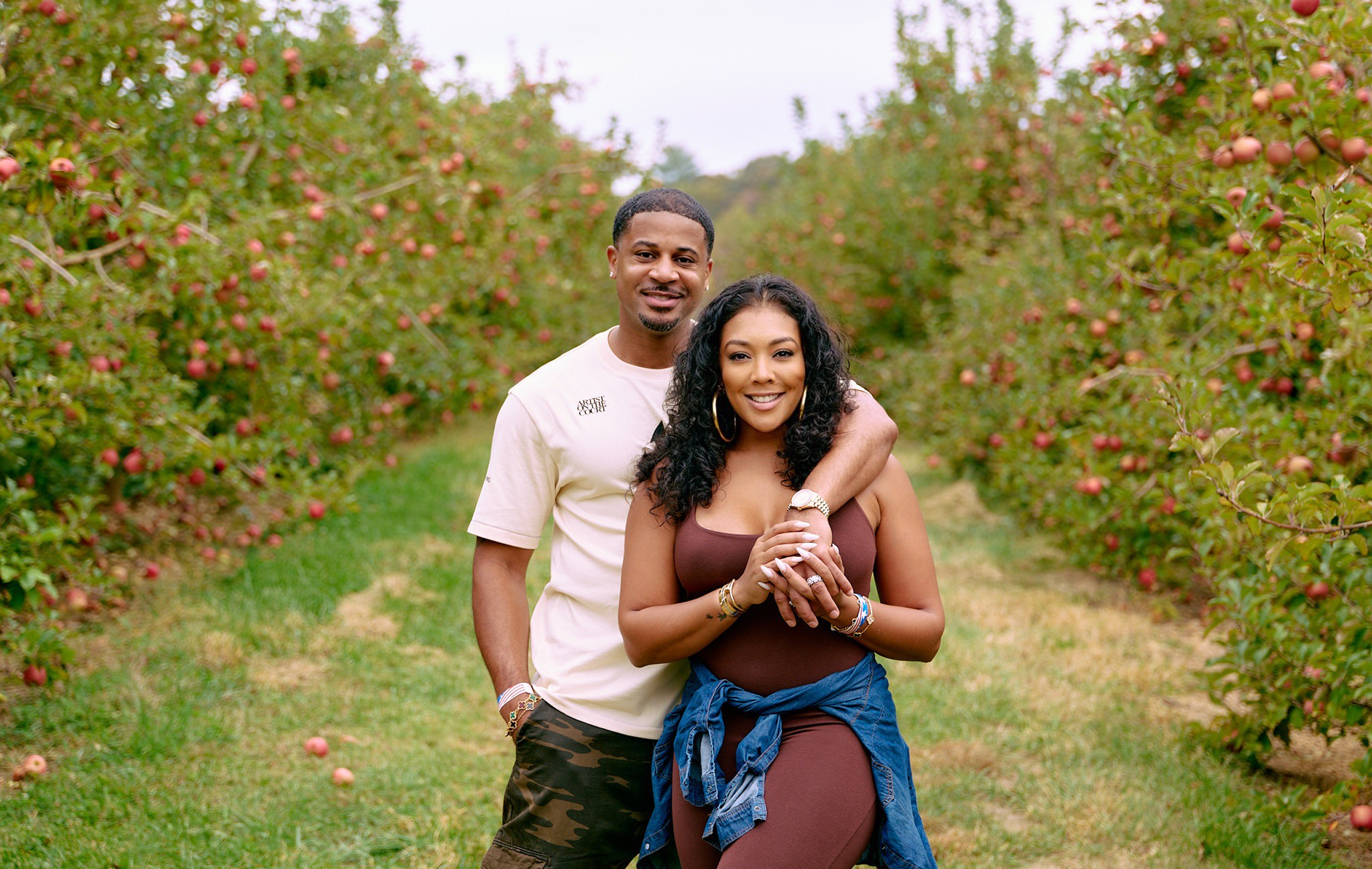
Sheena and Desmond Meade (Photo courtesy of Brandi Hill)
Sheena and Desmond Meade (Photo courtesy of Brandi Hill)

Sheena and Desmond Meade (Photo courtesy of Brandi Hill)
In June, Senator Steven Huffman from Ohio asked if the impact of the coronavirus on Black communities was because “the colored population” doesn’t wash their hands as well as other groups. He won his majority white district in 2018 by less than 7,000 votes.
Charleston County Sheriff Al Cannon will not commit to banning no-knock warrants, the very tactic used by Louisville Metro Police when Breonna Taylor’s life was taken. Al Cannon won his last three elections unopposed.
Missouri Governor Mike Parson said recently that he would certainly pardon Mark and Patricia McCloskey if they were found guilty of gun charges after waving guns at protestors walking by their home. Governor Parson gained his seat when Governor Eric Greitens stepped down in 2018 after winning with just 51% of the vote in 2016.
Through voter suppression, taking advantage of low turnouts, and obscure policies legislators are able to push their agendas onto us. Agendas that preserve their power and comfort while continuing to disenfranchise communities of Americans across our country.
Sheena and Desmond Meade know all too well the power that lies within the Black vote, and at the center of their love is a call to move millions to reclaim their rights and organize for change. Sheena serves as the Managing Director of the Clean Slate Initiative – an organization focused on advancing policies to clear eligible criminal records across the United States – while Desmond, a formerly homeless returning citizen, has grown to lead the Florida Rights Restoration Coalition in their efforts to end the disenfranchisement of and discrimination against people with convictions. Together, their powerhouse family is driving a tremendous effort to empower Black communities, already having reinstated the voting rights of over one million returned citizens in Florida, and they’re nowhere near done.
Black Love: What do you think drove you to make the impact you’re seeing today with the Florida Rights Restoration Coalition?
Desmond Meade: I knew in 2011 that we as a community had to make a change. That was when the new administration came in led by Governor Rick Scott in Florida and they undid policies enacted by Governor Charlie Crist that made it possible for over 155,000 people to be able to have their civil rights restored. Compare that to Governor Rick Scott who in eight years has restored the rights of less than 5,000 people. There’s no way any politician should have that much power to decide which citizens get to vote and which don’t. So we started going around to convince people that this was the thing to get involved in and organize around.
I was driving up to Tallahassee during Legislative Black Caucus Week to try to find a speaker and while I was there, a lady that heard me speak, insisted on introducing me to some people she thought I should meet. She wound up introducing me to Sheena and her sister and when she introduced me to Sheena it was just like “I think I was supposed to meet you.”
Sheena Meade: People don’t know the story behind the glory. People see the resources we have at our reach, but we were two folks who were rubbing pennies together sometimes and using loans to pay bills and fund the movement because we had this vision that we could help people.
BL: What made you want to include your children in this work?
SM: It really wasn’t like “Oh, we want our kids to be a part of this.” We were broke! In order to run a citizens initiative, [Desmond] had to get over 700,000 signatures and we got over a million. It takes money to do that and we had no money. When the petitions would come in, my mom would sort them. Then we got more and more and the kids started to help out for us to make the ballot. We were the only capacity we had. And to be honest, it was rough.
People see where we are now and the resources we have. Desmond wasn’t even getting compensated so since we didn’t have a staff. The kids naturally just became a part of this work. It got to a point where Desmond asked our son Xavier if [we] got him a nice camera, would he do our visuals. Today people seek him out for his work, from Warner Bros. to Stacey Abrams.
They organically got involved. There wasn’t much of a choice. It was a movement and I always raised them like that. We lived only 15 minutes from where Trayvon was killed and we’re raising five Black kids in that county. This is our reality. Our kids were involved either way. Now as they get older they really appreciate what they’re a part of.
Related Articles:
How to Be an Advocate Without Being on the Front Lines
Tommy Oliver’s ’40 Years a Prisoner’ is a Story of Love, Family and Resilience
Educating Ourselves: 6 Books About Institutionalized Racism
BL: What is the thing that keeps you going?
DM: I mean we can’t stop. There were times I’d be driving and just stop and cry thinking of how many Black people were disenfranchised in some way by the time I got from one city to the next. How many ways Black communities were left with diminished political capital. It feels like Black people are the only people in this country who could experience all these things and they be so normalized. What happens to Black people, if it were happening in any other country, we would call it genocide. But for us to just be so used to it was very painful for me.
What we’re doing with voter re-enfranchisement is the foundation to build power within minority communities. Knowing that kept me going, but when things went down with Trayvon and Mike Brown, that really took my heart and twisted it. Like we either gone lay down and leave the fate of our kids up to this society or we’re going to have an even stronger resolve knowing that the only way we’re going to defeat this racism is that we can’t rely on anyone to save us, we have to save ourselves.
BL: What’s the biggest opportunity we have as a community to reclaim our power here?
SM: I think it’s the knowledge of our history and where we come from. For me, that’s it. I feel like there are so many of us that haven’t been to where it all began for many of us, in Africa. I organized a trip for Black organizers to go to the Door of No Return. It just felt vital that we stand in that place. And to get there and see those dungeons and their similarity to our current prison system. Literally, looks the same as our state prisons down to the way they operate. That stuck with me. Then to see that our people are so smart, resourceful, and joyous.
We came back to the states and I started digging into our history. We live in Florida, and probably 10 miles from where we live now, not even that, was the site of the Ocoee Massacre 100 years ago when the town was destroyed because a Black man, Julius Perry, tried to go vote. As many as 60 people died on that day. He wanted his voting rights and was taking people with him. They killed them. They took their land. They sold their land. All of this was less than 100 years ago.
Then you look 30 miles east to Mims, Florida. Right? You got Harry T. Moore and Harriette Moore. I sent Desmond to the museum a few weeks ago on a bus tour I think, and Desmond called me all emotional like, “We are Harry and Harriette!” Harriette and Harry T. Moore, were a husband and wife who led the largest voter registration in Florida history for African-Americans. Their home was bombed by the KKK on Christmas night and that ultimately killed them. The Klan was suppressing them because they knew the power of the voter blocks. They knew the power of Black people voting, coming together, and actually putting in policy.
I think there’s no way for you to think the same way once you know the history. I also realize that the stories are not being told in the families and definitely not in the schools. We have been disenfranchised in every system, including education. We still gotta love our people, love our neighbor, love our communities, and meet them where they’re at. Connect with them around issues and stories and things that they care about rather than just politics and politicians.
BL: How has your work been an act of Black love?
DM: When you look at me and my wife, man, what you see are two people that were broken. Two people that probably are the most likely to be ridiculed for addiction, but that God has chosen to actually do this work. Right? And I think that, if nothing else, me and my wife show that no matter what position you’re at in life, no matter what your situation is, you can overcome whatever is in front of you to do great things to improve your community. You can be powerful. You can become Time Magazine’s whatever. You can become the President of the United States! You can do anything no matter what situation you’re in right now. You can overcome that.
I tell folks all the time, I didn’t pray for the beautiful wife. I didn’t pray for the nice home. I didn’t pray for the good job or none of that. All I prayed for was just for the strength and the perseverance to do God’s work, and that He give me the wisdom to do it right. And he blessed me with the most beautiful, I mean, most perfect wife. I can’t even imagine. I got my Michelle Obama.
SM: I mean, we met in February, he proposed in June, and we got married in December. Our first anniversary he tried to host a rally in Tallahassee, but that’s another story…We got married in December, then we went back to our work, and Desmond was still in law school and went back to living in the addiction recovery house that he was managing. That was his baby and also a part of his ministry. We’re people of faith so we believe this is all a part of our kingdom work.
When we met Desmond said, “Three things you can’t mess with: me finishing law school, my sobriety, and God’s will on my life.” I think when you’re clear on where you’re trying to go you cannot let anybody deter you from that. I mean make sure that you have a supportive partner and that you can support each other.
BL: How is voting an act of Black love?
SM: You start with your family and your loved ones first. Love on your loved ones. Because it’s so easy, especially in this political moment, to start talking about what our friends or family or somebody on Facebook didn’t do. Start within your own household. Is everybody in your house registered to vote? Are they going to the polls? Are you having conversations at your dinner table?
I think a lot of that has stopped because of the era of social media. We know more what’s going on from The Shade Room than we do what’s going on in our local community. Do roll call. You know, a family Zoom. Ask who registered, and the folks who aren’t, don’t beat them over the head. Love on ’em. Tell them why. Hear from them. A lot of times what we find out is that people are not registering not because they don’t want to, but nobody really talked to ’em about it, other than just “Hey, register to vote.”
My uncle is 60 years old. First time he registered to vote was this year. This is an uncle who’s been at all of our parties, all of our events. He had come to help me when I was running for office, and I’m sure there have been times when we may have been guilty of indirectly shaming like “If you ain’t vote, you ain’t get none of this potato salad!” It wasn’t untiI I just sat and talked with him and he said to me, “Niecy, I’m not the smartest.” He dropped out of school in like eighth or ninth grade because he had to work. He said, “I’m not the smartest, but I care, and I know that something ain’t right in our country, and I need to do more.” So I walked him through it. That moment I came to approach him, he was like, “Oh, you waiting for this moment, huh?” And I thought he was ready to pull his license out. It was his voter card and he was so excited to show it to me. He goes, “I don’t know what I’m doing, but I’m showing up.”
And so I think it’s about us. We do so much for everybody else, but my grandma used to say charity start at home. What do we do in our own household and our own family to get our family involved? So black love starts at home. That’s the first action we can take.
This is a pivotal moment for our country, but specifically for Black people. Our participation in the election on November 3rd is just the start of the changes we’re able to make in this country when we organize and leverage our collective power the way Black communities have in the past. Register to vote, make sure those around you and others are registered to vote, but also make sure you’re informed and can inform others about what’s on your ballot. Together we can establish a political system that serves the many and not the few.
Find more resources:
Register to vote
Learn what’s on your ballot – Vote 411
Take action with the ACLU
Support Florida Right Restoration Coalition
Take action with Clean Slate Initiative
Related Articles
Bozoma Saint John talks Black motherhood, grief, self-love, and finding joy again. Don’t miss her powerful conversation on building legacy and living boldly.
Tyler Lepley shows the beauty of Black fatherhood, blended family life with Miracle Watts, & raising his three children in this Father Noir spotlight.
Black fathers Terrell and Jarius Joseph redefines modern fatherhood through love, resilience, unapologetic visibility in this Father Noir highlight.
Featured Articles
When Elitia and Cullen Mattox found each other, they decided that they wanted their new relationship together, their union, to be healthier and different.
Celebrate their marriage and partnership with the release of the documentary “Time II: Unfinished Business”
The vision for our engagement shoot was to celebrate ourselves as a Young Power Couple with an upcoming wedding, celebrating our five year anniversary - glammed up and taking over New York.
Meagan Good and DeVon Franklin’s new relationships are a testament to healing, growth, and the belief that love can find you again when you least expect it.
Our intent is to share love so that people can see, like love really conquers everything. Topics like marriage and finance, Black relationships and parenting.
HEY CHI-TOWN, who’s hungry?! In honor of #BlackBusinessMonth, we teamed up with @eatokratheapp, a Black-owned app designed to connect you with some of the best #BlackOwnedRestaurants in YOUR city – and this week, we’re highlighting some of Chicago’s best!

